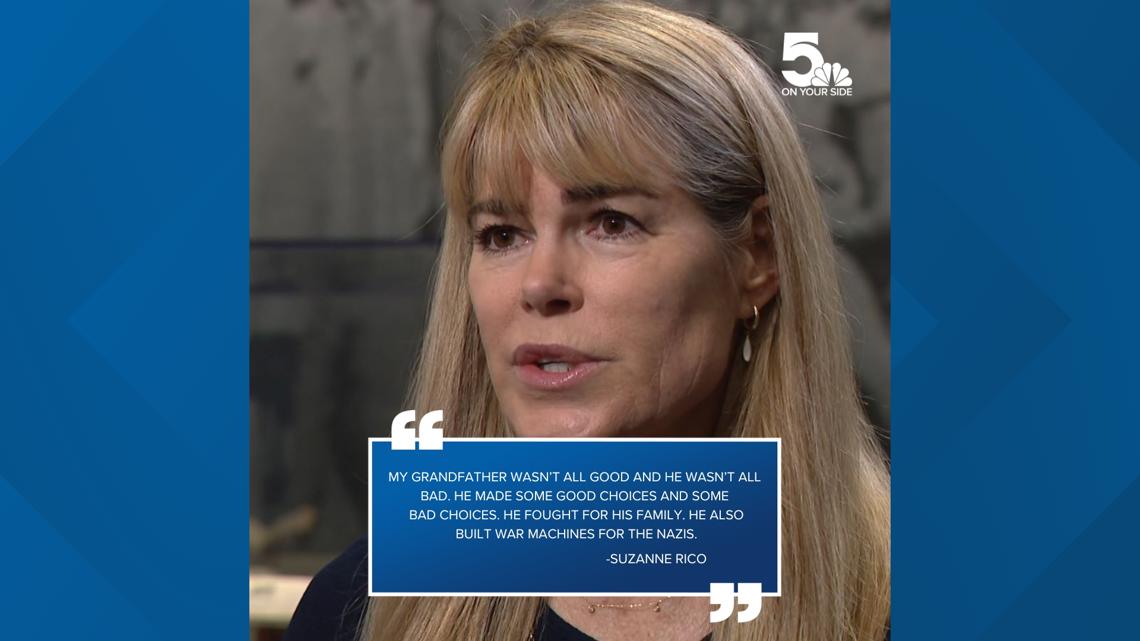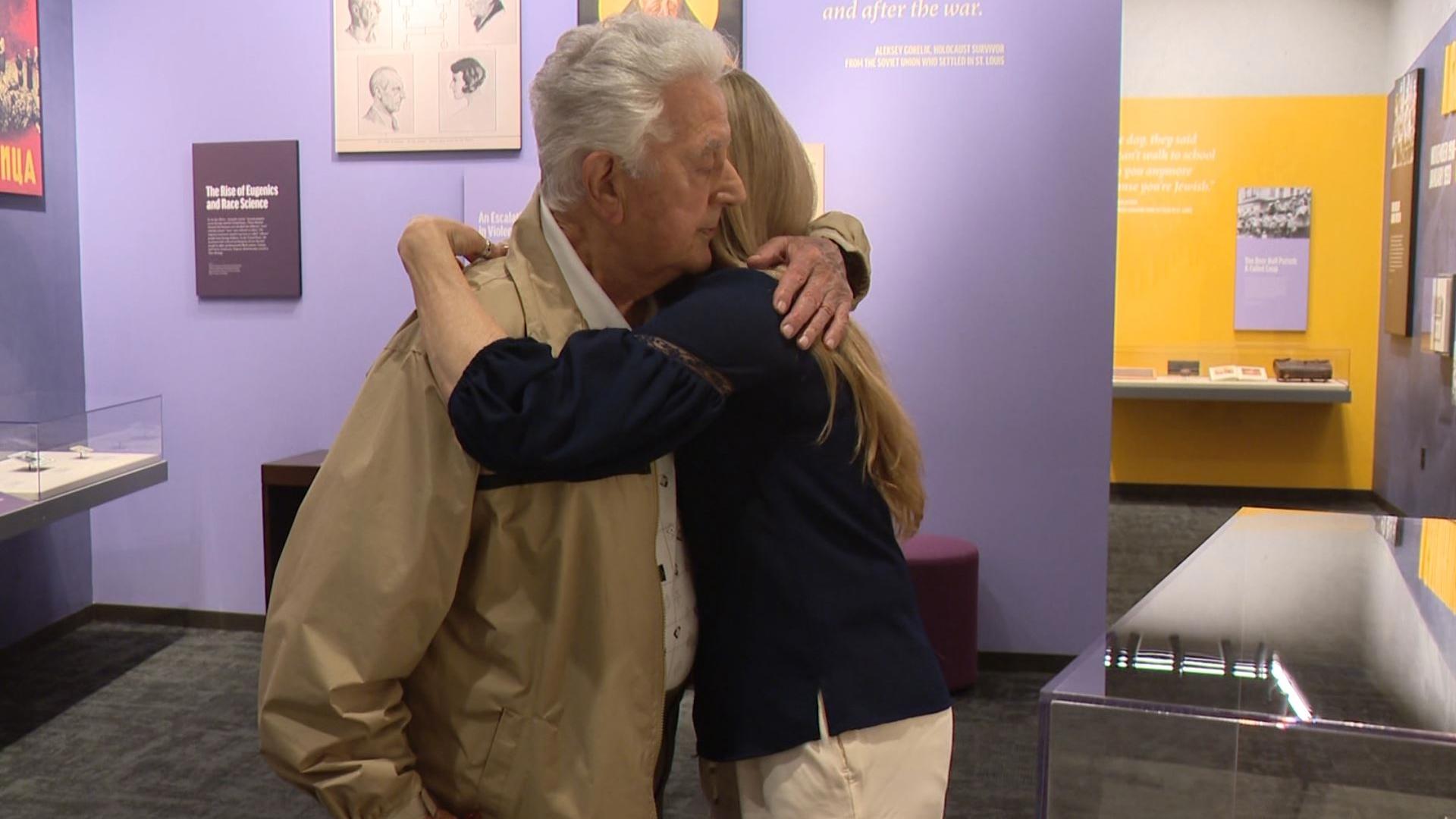USA, — In an extraordinary encounter at the Holocaust Museum, two lives intersected across the divide of history. Oskar Jakob, a Holocaust survivor, met Suzanne Rico, a journalist and granddaughter of a Nazi engineer – a part of her past she had long avoided confronting.
"I didn't want to look at it. I mean, that's the honest truth, as I was just like, yeah, no, don't need to go there," Rico admitted, reflecting on her initial reluctance to delve into her family's history.


At the heart of their connection lies the V-1 bomb, a weapon of destruction that unexpectedly bridged their families across time. Robert Lusser, Rico's grandfather, was the brilliant mind behind the V-1's design. His legacy, however, would intersect with Jakob's fight for survival as a young boy.
At just 13, Jakob found himself in the Mittelbau-Dora concentration camp. "He says, tell him you're 16, 17-year-old. And that saved my life," Jakob recounted, describing the advice that kept him from the gas chambers. "Because 15-year-old and under, we all ended up in the gas chamber."
Forced to work on the weapons Rico's grandfather designed, Jakob remembered the grueling conditions: "And I had to produce between 450 to 500 in 12 hours, which was very tedious. It was very difficult. And if you didn't produce that much, there was punishment."
Decades later, their meeting became a journey of understanding and bearing witness. For Jakob, it stirred memories of a stolen childhood and lost family. For Rico, it was an opportunity to confront her family's history and use her skills as a journalist and podcaster to illuminate the dangers of hatred.
"You know, I wasn't even born in Germany. I wasn't even born for 20 years after World War II, but my family played a part in that, and I am deeply sorry for what that's worth," Rico expressed.
Jakob, showing remarkable compassion, stated, "What her grandfather did, has nothing to do with her. She, uh, I was very impressed that she, she's interested to know the truth, what was going on."
The truth Rico uncovered was complex. After the war, Lusser was among the German scientists brought to the United States to work on the space program. Rico reflected, "My grandfather wasn't all good, and he wasn't all bad, and he made some very good choices and some very bad choices. He fought for his family and for his children. He also built war machines for the Nazis."
In a world still grappling with the echoes of hatred, this unlikely friendship stands as a testament to the power of confronting the past. Rico concluded, "Is there a better ending for my story than that? I don't think so."
Their meeting serves as a living reminder that even in the darkest chapters of history, there's always hope for understanding and the promise of a better future.
Making a Difference
Is someone in your community making a difference? Text us at 314-425-5355 or email us at tips@ksdk.com. See more stories of people Making a Difference here.

